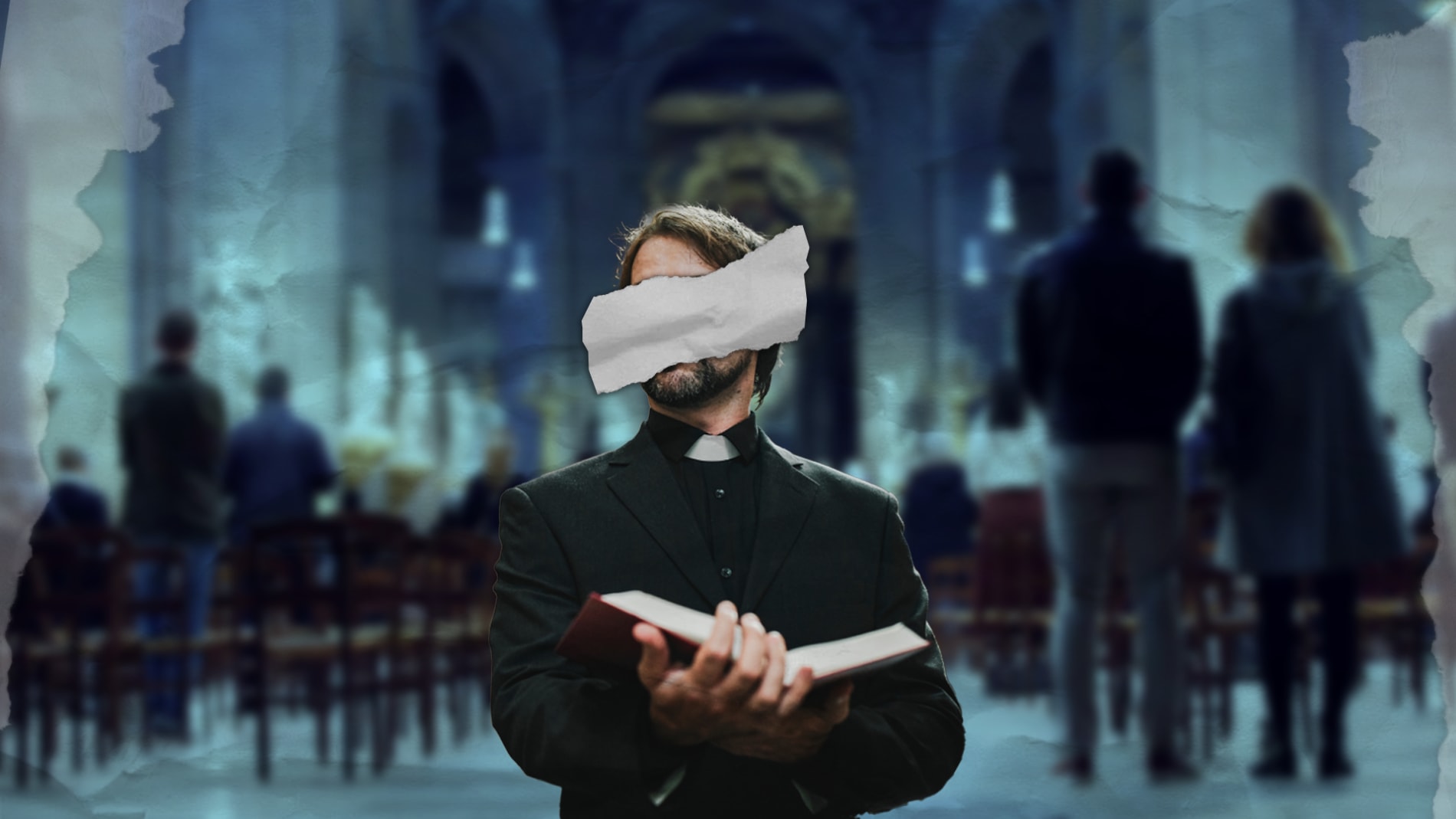
Read the Charter of Independence here.
BY CONOR FOWLER
Experts are calling for more open and supportive conversations surrounding sexual abuse of minors, after historic findings regarding the French Catholic Church were released.
A major report found that an estimated 216,000 minors were abused by clergymen of the Catholic Church in France from 1950 to 2020.
The numbers amount to 330,000 when including minors who were not victims of the clergy, but of others associated with the church.
The report was compiled by the Independent Commission on Sexual Abuse in the Church (CIASE) at the request of church officials, following several similar reports around the world, including Australia.
It estimates that between 2900 and 3200 clergy members sexually abused children through their position in the Church, with CIASE commission member Alice Casagrande telling French radio station RFI it was systemic.
“It wasn't just a few isolated, deviant individuals, but a whole organisation, a way of thinking, social relations, organised silence and inadequate institutional responses," Ms Casagrande said.

This comes after the Australian government set up its own investigation into institutional abuse in 2013, launching the Royal Commission into Institutional Responses to Child Sexual Abuse with a particular focus on abuse occurring in religious institutions.
President of the Blue Knot Foundation Dr Cathy Kezelman, an organisation empowering recovery from complex trauma, said this kind of trauma significantly impacts the future quality of survivors’ lives.
“Some of the very significant [impacts] are on the core sense of self, sense of self-worth, self confidence, ability to have healthy relationships with others and with the world,” Dr Kezelman said.
Dr Kezelman said the idea of self-blame was at the core of those impacts, with the environment around a child making them susceptible to blaming themselves for the abuse.
“In the Catholic Church, because of this belief in good and evil, children may actually believe they’re evil and will burn in hell. That’s a pretty horrendous thing for a child to get their head around,” she said.
“As a community, we need to have more open conversations which show we understand the effects of abuse on people, and that it’s not their fault”.

Peter Kelso, a Sydney lawyer with more than 30 years of experience helping victims of sexual abuse in institutions, said the report is another example of the systemic nature of abuse within institutions.
Drawing on his experience following the Royal Commission in Australia, he said the resulting National Redress Scheme offers survivors the opportunity for money that can change their life.
“A lot of people say, it’s not about the money ... but the compensation addresses these practical needs, and these are needs that usually exist, because of the abuse,” Mr Kelso said.
“The compensation, if used wisely, can be life changing.”
The French report similarly recommends a compensation mechanism for survivors.
CIASE president Jean-Marc Sauvé said “it is in fact a debt the Church owes victims”.